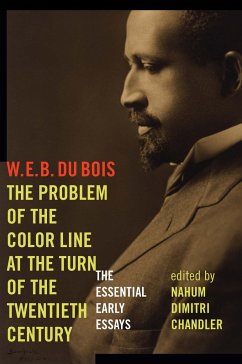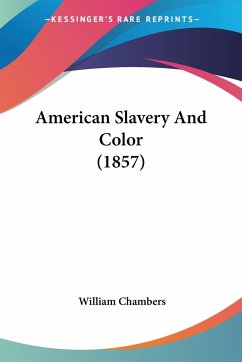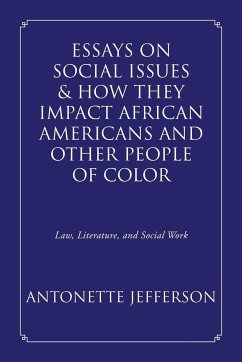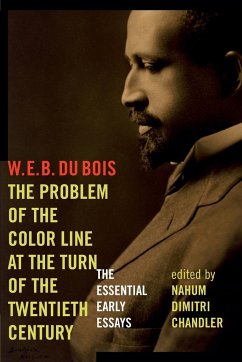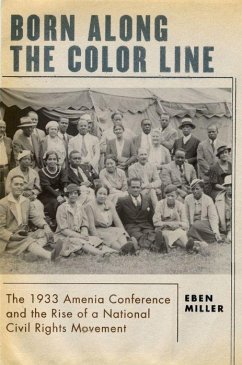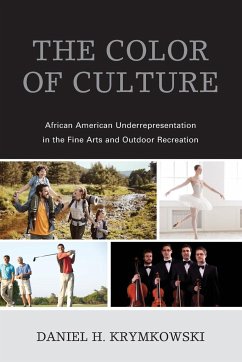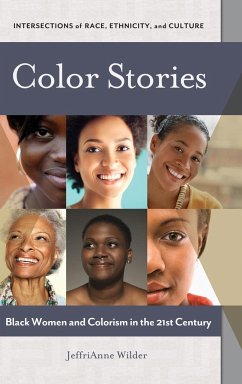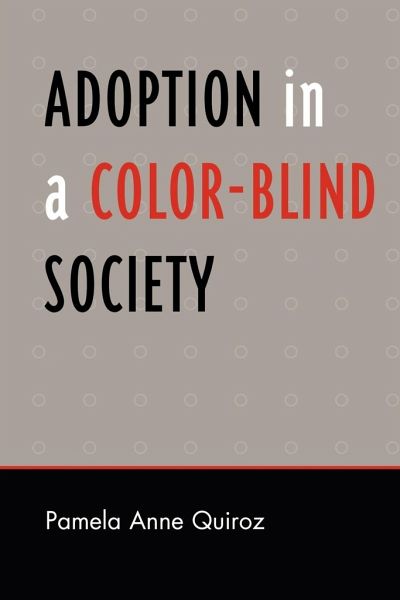
Pamela Anne Quiroz
Broschiertes Buch
Adoption in a Color-Blind Society
Versandkostenfrei!
Versandfertig in 1-2 Wochen

PAYBACK Punkte
19 °P sammeln!





Adoption in a Color-blind Society illustrates how the political economy of private domestic adoption intersects with the political economy of racism to generate quite different demands for infants and children of different races and how the private adoption arena responds to these demands. This book argues that rather than moving towards a color-blind democracy, we instead live in a context where race continues to matter substantially, particularly in arenas 'closest to home.'
Pamela Anne Quiroz is currently, the executive director of the national consortium, the Inter University Program on Latino Research, director of the University of Houston's Center for Mexican American Studies and CLASS Distinguished Professor of sociology. Her research focuses on identity, family and youth.
Produktdetails
- Verlag: Rowman & Littlefield Publishers
- Seitenzahl: 154
- Erscheinungstermin: 10. August 2007
- Englisch
- Abmessung: 229mm x 152mm x 9mm
- Gewicht: 234g
- ISBN-13: 9780742559424
- ISBN-10: 0742559424
- Artikelnr.: 22822629
Herstellerkennzeichnung
Libri GmbH
Europaallee 1
36244 Bad Hersfeld
gpsr@libri.de
Anyone who thinks that America has transcended its racist past need only look seriously at the world of adoption. In chat rooms, in marketing practices, in foster care and in private placements, race matters profoundly. Quiroz takes us into the world of adoption and makes this sad truth clear. This is important reading not only for those who care about adoption, but for all who want to understand the ongoing significance of race in America. -- Barbara Katz Rothman, Professor of sociology at the City University of New York A decade after federal legislation made it illegal to discriminate against white parents in adoption, why is it so hard to find white parents that will adopt children of color? Adoption in a Colorblind Society asks this
Mehr anzeigen
and other hard questions about complex issues regarding race and adoptive placement, probing the very nature of parenthood, racism, public policy, and the future of family in American society. Quiroz provides a well informed look at transnational and transracial adoption in the United States, locating questions of adoption in the midst of the contested legacies of civil rights movements, race, and struggles over who should have children. -- Laura Briggs, Associate professor of Women's Studies at University of Arizona Quiroz's book is part of a significant but still under-recognized body of work that takes adoption as its starting place in order to explore perspectives on a multicultural society (the title of the series in which this book is published)... Her book should definitely be read by policymakers and practitioners in the adoption field, but more than this, taken up by broader audiences interested in the shifting terrain of race talk in the United States. -- Sara K. Dorow, Author of Transnational Adoption: A Cultural Economy of Race, Gender and Kinship Recommended. CHOICE I found Adoption in a Color-Blind Society an informative and useful study. I also ended up agreeing with the author that private adoptions are not color-blind. -- Rita J. Simon American Journal of Sociology Quiroz has illuminated the disturbing undertows that menace the current international and interracial adoption waves. She has trained her gaze on the meanings of race being made by the private adoptions of infants and young children who generate differing demands. Drawing upon online directories, websites, and chatrooms, this powerful book provides a necessary and challenging focus on the point of convergence where the adoption industry intersects with the political economy of racism. -- Bernadine Dorhn, Director of Children & Family Justice Center and Associate Clinical Professor at Northwestern University School of Law
Schließen
Für dieses Produkt wurde noch keine Bewertung abgegeben. Wir würden uns sehr freuen, wenn du die erste Bewertung schreibst!
Eine Bewertung schreiben
Eine Bewertung schreiben
Andere Kunden interessierten sich für




